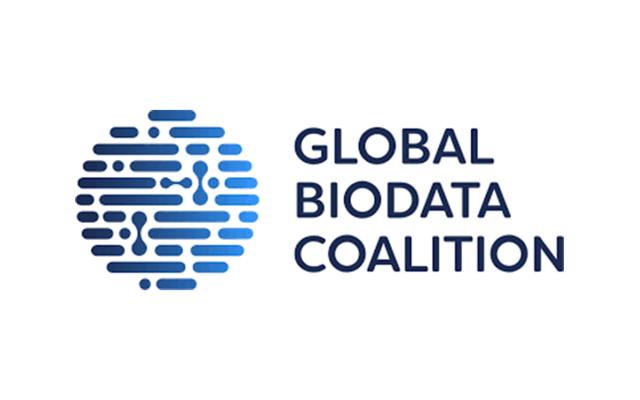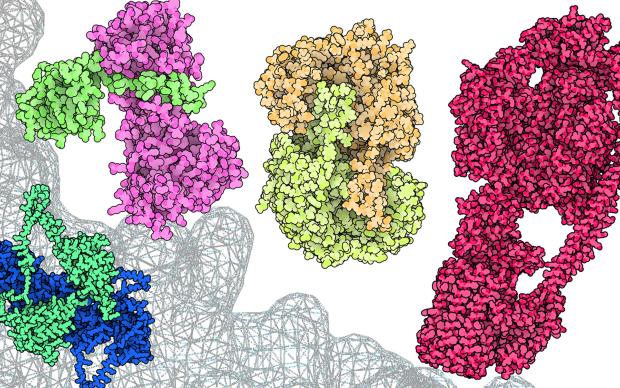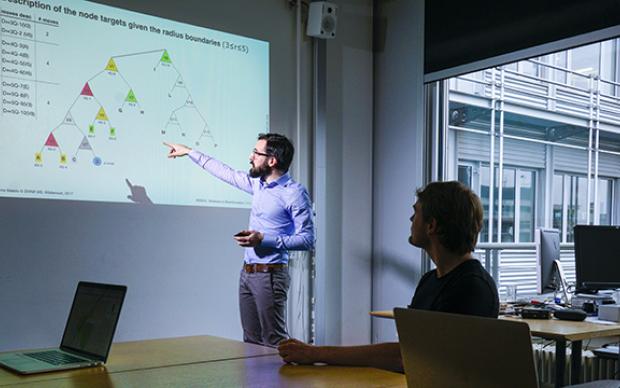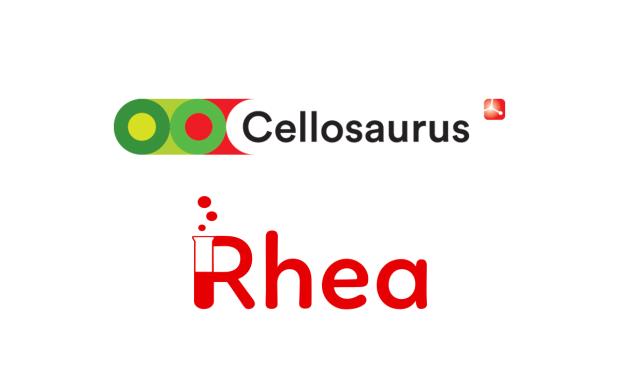Biological databases, such as knowledgebases on gene expression or proteins, have become an intrinsic part of the life scientist’s toolkit and of biotechnological discoveries. However, a recent study co-led by SIB revealed a general lack of long-term funding for essential biodata resources in Europe (ELIXIR Core Data Resources). To ensure that such crucial infrastructure remains freely available to researchers around the globe, funding needs to be provided and coordinated on the global scale. This issue, which resonates deeply with SIB’s mission to provide leading bioinformatics resources to the life science community, is now being addressed with the creation of a dedicated body: the Global Biodata Coalition (GBC), an international coalition of research funders. Its set-up is co-piloted by SIB.
The GBC is defined as a forum for research funders to better coordinate approaches for the efficient funding, management and growth of biodata resources worldwide. SIB is co-steering its set-up, alongside other research funders and infrastructures such as NHGRI (NIH), Wellcome, NSF, A*Star, HFSP, ELIXIR, EMBL-EBI, and RCN (Norway). Once fully established, GBC will be an independent organization driven by funders. The State Secretariat for Education, Research and Innovation SERI is involved in the coalition on the Swiss side.
Explore, on its newly launched website, how the GBC is organized, what its benefits and its scientific activities are. These include the identification of Global Core Data Resources, extending on the global scale the concept of ELIXIR Core Data Resources in Europe, which include SIB’s UniProtKB and STRING.
“The roots of our commitment for the sustainability of key biological data resources run deep and go back to our creation in 1998”, says Ron Appel, SIB Executive Director.
In 2016, SIB co-led the efforts to establish criteria to identify ELIXIR Core Data Resources. One year later, it was also part of the early signatories of the Nature seminal paper, where the idea of an international coalition was set out. SIB also published a study identifying a candidate scheme, according to which the costs of core data resources worldwide could be covered by using less than 1% of the total amount already dedicated to research grants in the life sciences.
“The GBC is a crucial endeavour and the fruit of a long-term international involvement. We are delighted to lend it our expertise and support, and to ensure that biomedical and life science research can continue to deliver benefits for future generations”, concludes Ron Appel. The important role of the GBC was recently underlined in a statement by the European Research Council.








